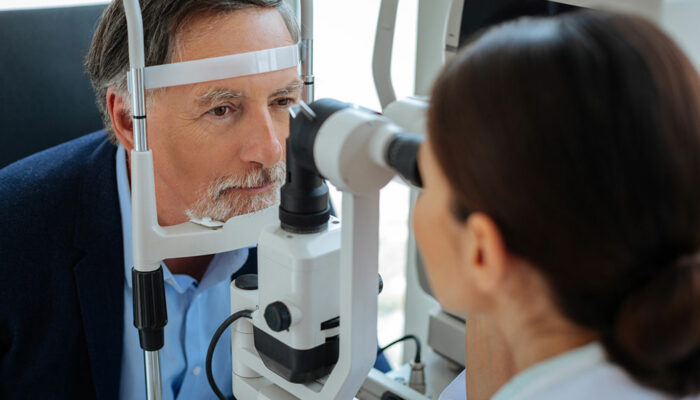
health
8 signs that require a visit to the dermatologist
As one ages, the human skin becomes susceptible to various health conditions. Certain treatments can help cure or manage these complications. However, most people often neglect any unusual signs on their skin and misinterpret them as something harmless. But for a remedy to be effective, one must visit a healthcare expert as soon as they notice any abnormalities in their skin condition. On that note, here are eight signs that require a dermatologist’s intervention. Severe acne Most people develop pimples or blackheads at some point in their lives. But if the acne is widespread on the body and face and does not respond to usual remedies, it might be time to visit a skin specialist. The expert may suggest topical and oral prescriptions and therapies like chemical peels or laser treatments to manage the outbreak. Inflamed, red skin Itchy, red, or inflamed skin might occur due to eczema, a condition that encompasses multiple skin problems. The constant redness of the skin or face flushing might also indicate rosacea. Therefore, one must schedule an appointment with a dermatologist if they experience these symptoms. Skin growths Skin growths like moles and tags may usually not require any treatment, but not everyone is comfortable with these developments.
Read More 








